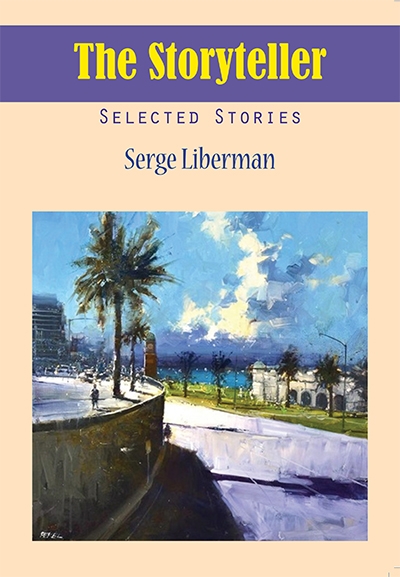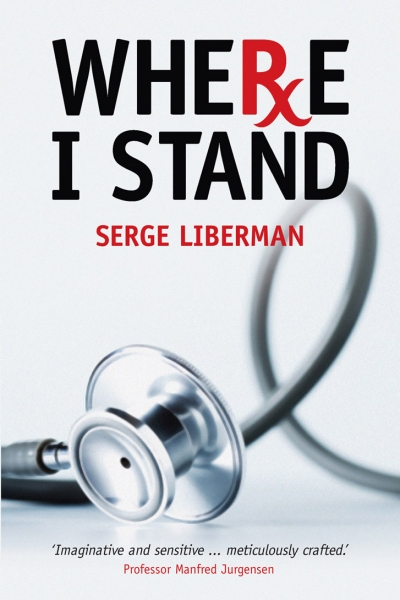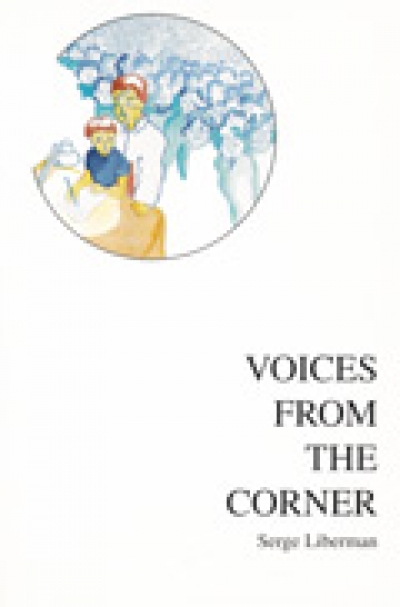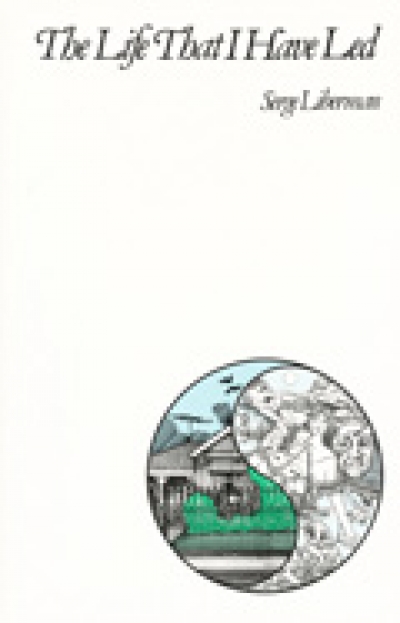Serge Liberman
As the child of survivors of a war-battered, sorely depleted driftwood generation, I have acquired reasons in plenty to call myself lucky. Perhaps more, far more, than merely lucky.
... (read more)In last month’s Telecom Australian Voices essay, Robert Dessaix discussed the ways in which multiculturalism divides up the Australian literary scene, concluding that “in a word, it’s time our multicultural professionals stopped marginalising multicultural writers”. The response of Sneja Gunew, who was quoted in that essay, is printed in its entirety here, along with other letters prompted by the essay.
... (read more)Would it surprise you to know that a number of our well-known writers write to please themselves? Probably not. If there’s no pleasure, or challenge, or stimulus, the outcome would probably not be worth the effort. If this effort is writing, it seems especially unlikely that someone would engage in the activity without enjoying the chance to be their own audience.
... (read more)




